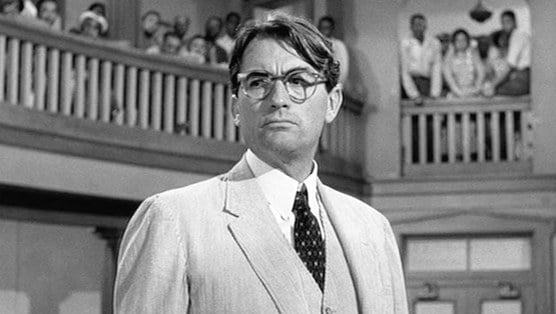As dictionaries define it, being prejudiced is a feeling of unfair dislike directed against someone or something. It is a judgment not based on facts or actual experiences but on opinion. But why do people become more prejudiced as they age?
As we age, our frontal lobe is the first part of our brain to weaken, causing us difficulty in hindering inappropriate thoughts or managing sound judgments. This is why the more we age, the more irrelevant we become.
What Is The Main Function Of The Front Lobe?
Our frontal lobe is responsible for many things that we do in our daily lives. It sends commands for our voluntary movements and allows us to express ourselves through our thoughts, converting them to words.
Our frontal lobe is also the primary source of our executive functions. These are the cognitive skills of human beings to organize, plan, monitor, idealize, and other actions we do in achieving a goal.
It is said that our emotions and our behavior are also controlled through our frontal lobe, which is said to be the home of our personality. (Source: Queensland Health)
What Happens When Our Frontal Lobe Fails?
Since our frontal lobe is the central home of our personality, it may have a significant effect and impact once it starts to weaken. Some evident changes one could experience are:
- Emotional Instability
- Difficulty to control one’s emotions or responses
- Changes in social behavior
- Changes in personality
- Paralysis
- Lack of focus or inability to filter out distractions
These symptoms are evident in one of the famous classic novels, To Kill A Mockingbird’s character, Atticus Finch, wherein his personality and social behavior transformed from being a public defender in his younger years to becoming a racist as he grew older. (Source: Queensland Health)
Who Was Atticus Finch?
Atticus Finch was a fictional character from the classic novel by Harper Lee, To Kill A Mockingbird.
Finch surprised the readers with how his character transformed from a defendant of falsely accused African Americans into becoming a racist as he grew older. His character was just one of the novel’s characters who have shown changes in their characters to prejudice as the pages turn.
One of the psychologists, William Von Hippel, said that the transformation of the characters like Finch’s should not be a surprise because it is not unusual for older people to become prejudiced.
The novel became known for this study because of the evident transformation of the characters, which shows symptoms of atrophy of the frontal lobe.
Like Finch’s character, it is common for older people to become prejudiced as they grow older, even if they were never one before. Older people may have changed in behavior and their character and become less tolerant than how they were. (Source: BBC News)
Who Was William Hippel?
William von Hippel was from Alaska. Before he became a professor of psychology at the University of Queensland in Australia, he studied at Yale for his Bachelor of Arts degree. He obtained his Ph.D. at the University of Michigan, Ohio. Besides being a professor, Hippel was also a writer and researcher. (Source: Psychology Today)
